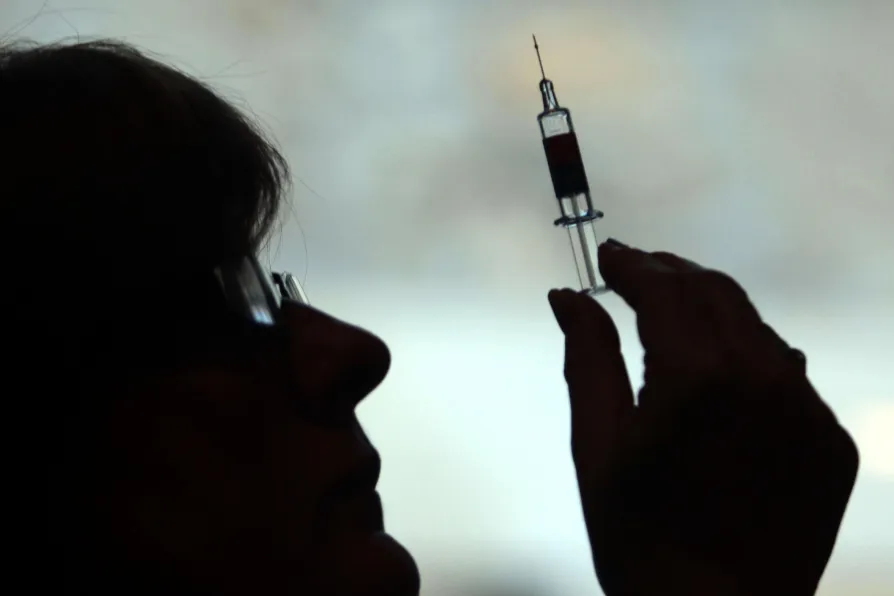

GOVERNMENT deals with two US pharmaceutical companies to buy 90 million advance doses of potential coronavirus vaccines undermines fair global access to the drug, campaigners have said.
The two separate deals announced today for in-development vaccines from Novavax (60 million doses) and Janssen (30m doses) were struck on a Britain-first basis.
Under the agreement with Janssen, the pharma subsidiary of Johnson & Johnson, the government can purchase 22 million more doses of the vaccine if required.
Both deals commit the government to co-funding phase-three clinical trials. Janssen’s potential vaccine is in the pre-clinical-trial stage, while Novavax’s is in phase one.
Britain has now signed six agreements for the procurement of potential Covid-19 vaccines, putting it on a par with the United States for the greatest number reached by any nation, according to news website Pharmafile.
In total, Britain has reserved 362m doses across four different potential vaccines – almost five-and-a-half times the population of around 66m.
Campaign group Global Justice Now accused wealthy countries such as Britain and the US, along with the European Union, of seeking to “hoard” vaccines.
Campaigner Heidi Chow said: “This latest vaccine deal shows the government [has] a complete disregard for its own claims about supporting equitable global access to Covid-19 vaccines.
“This UK-first approach is fuelling vaccine nationalism as rich countries scramble to hoard vaccine supplies, leaving poorer countries without.
“The fastest way to end this pandemic is through global collaboration.
“The government should work with other countries and support a fair global allocation process based on public-health needs so that all vulnerable groups are immunised first, wherever they live.”
Diarmaid McDonald, of anti-pharma-monopoly campaign group Just Treatment, called on the government urgently to take “a collaborative approach.”
He suggested that ministers support the World Health Organisation’s Covid Technology Access Pool, which shares intellectual property and data in order to “speed up collaborative research and prevent the supply and affordability issues that arise from monopolies on medicines.”
Saoirse Fitzpatrick of STOPAIDS accused the government of failing to keep its own promises to enable a “fair and equal distribution of future vaccines across the world.”
She added: “We are yet to see any concrete actions to this end. If we want to manage this pandemic successfully, the UK government need to be championing global collaboration and co-ordination.”


















